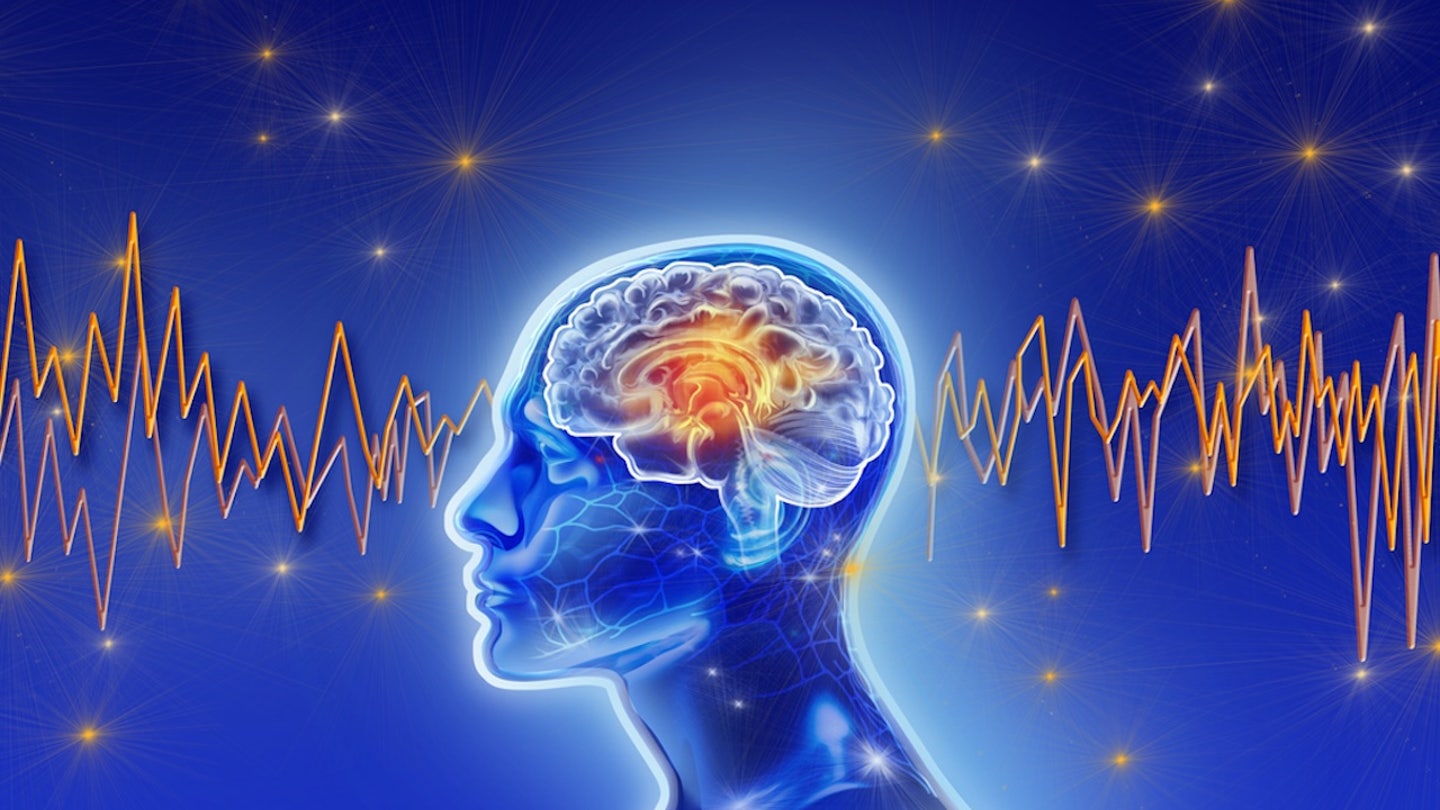The body isn’t the only thing that changes when a woman is pregnant.
A new study conducted by researchers at UC Santa Barbara mapped how the brain responds to rapid hormone changes during pregnancy.
Pregnancy is a “transformative period in a person’s life accompanied by profound hormonal and physiological changes,” study co-author Dr. Laura Pritschet said in a conversation with Fox News Digital.
AMERICANS ARE HAVING FEWER BABIES AS BIRTH RATE HITS HISTORIC LOW, CDC REVEALS
“Investigations that compare women pre- and post-pregnancy provide the strongest evidence to date that the human brain undergoes neural change during this period,” she said.
“Yet, how the brain changes during gestation itself is virtually unknown.”
The study mapped how the brain responds to rapid hormonal changes during pregnancy. (iStock)
Pritschet and her team launched the Maternal Brain Project, which scanned a first-time mother’s brain, once every few weeks, from preconception through two years postpartum.
This allowed the researchers to record changes in the brain in “pretty exquisite detail,” Pritschet said, which is “something that hasn’t been captured before.”
“These findings reveal highly dynamic changes unfolding in the human brain during pregnancy — some of which did not fully return to preconception levels.”
“Our findings show that pregnancy is characterized by reductions in gray matter volume, cortical thinning, and enhanced white matter microstructural integrity that unfold in step with advancing gestational week,” she went on.
These changes in brain matter were also linked to a significant rise in estrogen and progesterone during pregnancy.
SOME PREGNANT WOMEN USE CASTOR OIL TO SPEED UP LABOR, BUT EXPERTS SAY IT’S NOT FOR EVERYONE
“Together, these findings reveal highly dynamic changes unfolding in the human brain during pregnancy — some of which did not fully return to preconception levels,” Pritschet said.
This demonstrates a capacity for “extensive neural remodeling well into adulthood,” according to the researcher.
A reduction of gray matter in the brain isn’t necessarily a bad thing, she noted.

Researchers saw a decrease in gray matter and an increase in white matter in the brain of a first-time mother. (iStock)
A decrease in gray matter could indicate a “fine-tuning” of brain circuits, similar to how the brain changes and becomes more specialized as adolescents transition through puberty, Pritschet told Fox News Digital.
Some of the neurological changes were thought to be a response to the “high physiological demands” of pregnancy, which shows how adaptive the brain can be, the researcher said.
Overall, the study revealed evidence of “profound changes” happening in the brain, she noted, which could help validate the “wide range of experiences women have during pregnancy.”
‘DOES SMARTPHONE EXPOSURE CAUSE BRAIN CANCER?’: ASK A DOCTOR
Dr. Earnest Lee Murray, a board-certified neurologist at Jackson-Madison County General Hospital in Jackson, Tennessee, told Fox News Digital that he considers this study “interesting.”
Murray, who was not involved in the study, defined neuroplasticity as the brain’s ability to “reorganize neural pathways in response to changes in the brain, such as growth, chemical changes, environmental exposures or injury.”

“Neuroplasticity is the brain’s ability to reorganize neural pathways in response to changes in the brain, such as growth, chemical changes, environmental exposures or injury,” a neurologist told Fox News Digital. (iStock)
The extent of brain structure changes in such a short amount of time was one of the most “remarkable” findings in the study, Murray noted.
“This demonstrates the brain’s remarkable ability to respond to numerous changes and stressors,” he said.
“We know that women’s bodies go through many changes during pregnancy, but this is the first time changes in the brain have been documented with imaging during the different stages.”
Spotlight on women’s health
Pritschet emphasized that pregnancy should not be considered a “niche research topic,” as 85% of women experience it at least once in their lifetime, and about 140 million women are pregnant every year.
CLICK HERE TO SIGN UP FOR OUR HEALTH NEWSLETTER
“Asking these questions is long overdue, but we have good news — there is now a worldwide spotlight on women’s health at large, and the future is bright because of it,” she told Fox News Digital.
“Our hope is that this proof-of-concept study serves as a catalyst for more studies that take place in larger, more diverse cohorts of women.”

“Profound changes” happening in the brain could help validate the “wide range of experiences” women have during pregnancy, the researcher suggested. (iStock)
Using the new information from this study, the researchers plan to further investigate how brain changes may drive neurological conditions during pregnancy, like eclampsia, epilepsy, stroke and migraine.
“There are now FDA-approved treatments for postpartum depression (a condition that affects roughly one in five women), but early detection remains elusive,” Pritschet said.
“The more we learn about the maternal brain, the better chance we’ll have to provide relief.”
For more Health articles, visit www.foxnews/health
Murray agreed that this study will help lay the groundwork for additional studies looking at various psychological or neurological conditions women may face during pregnancy.
This study did not look at the neurological changes related to forgetfulness or “brain fog” — often referred to as “pregnancy brain” — or other side effects, Pritschet clarified.
“The more we learn about the maternal brain, the better chance we’ll have to provide relief.”
“We absolutely need more work in this space to understand how changes in the brain during pregnancy lead to or trigger cognitive, behavioral and health outcomes,” she said.
CLICK HERE TO GET THE FOX NEWS APP
“Everyone’s journey is different – some women report changes in mood or forgetfulness, while others do not – so we need to understand how and why these differences may emerge.”
